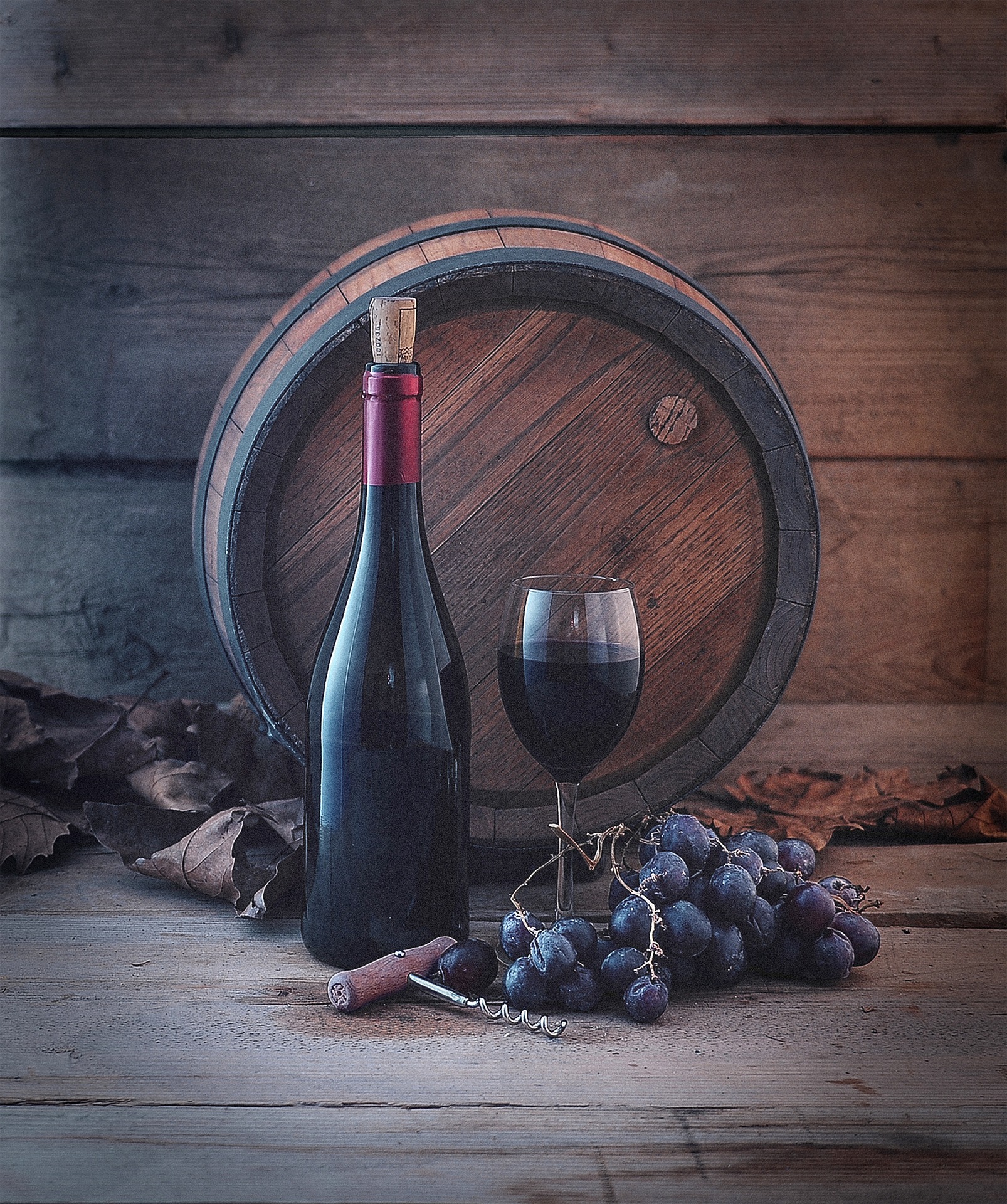Wine isn’t just provided in glass bottles due to its appearance but also because this is the best type of container for keeping the beverage fresh and in ideal condition. With the UK wine market projected to be worth $12.1 billion by 2029, there is clearly a large audience looking for special options to buy.
From crisp whites to full-bodied reds, wines come in many different forms. Keep reading if you want to learn how selecting a high quality glass bottle can keep any wine in fresh and ready-to-drink condition.
Have Wine Bottles Always Been Made From Glass?
Even though many vintage wines are available in traditional glass bottles, you may be surprised to learn this hasn’t always been the chosen vessel for liquids. The earliest containers, which date back to 6,000 BC, were made from clay.
Glass itself was thought to have been invented in mid 2,000 BC but was not used for food or drink storage until much later. For this reason, it’s thought that glass bottles were not used for wine until the 17th century.
How Do Glass Bottles Keep Wine Fresh?
Glass isn’t just used for wine bottles thanks to the elegant appearance but because there is science behind the container option. Glass bottles offer many properties which enhance the overall freshness of liquids and protect it over a prolonged period of time.
The main way that glass bottles keep wine fresh is because the material provides a robust barrier to outside influences. By not allowing oxygen or other air-bourne elements to come into contact with the liquid, the intended aroma and taste is maintained. In some other situations, controlled oxygenations can be used to also keep wines fresh and enhance the flavour.
Glass also doesn’t change the pH balance of wine which is essential to maintaining the intended level of acidity. This is the element of wine that gives it a body offering a difference between light and heavier products.
Another reason why glass preservation is used for wine is because the material allows stronger temperature management. As a material that boasts a type of insulation, glass keeps wine at a consistent temperature, which is essential for maintaining freshness. If wine is allowed to change temperature often, the taste and structure will change over time. Glass can also be cleaned and sterilised easily, allowing wine to be poured into suitable vessels only. It also ensures that over time, the natural components of liquid are not allowed to deteriorate, and instead, the fermentation process actually leads to a nicer end product.
In summary, glass bottles allow wine to keep its intended structure, taste and appearance thanks to a mix of scientific benefits ranging from thermal protection to material stability.







